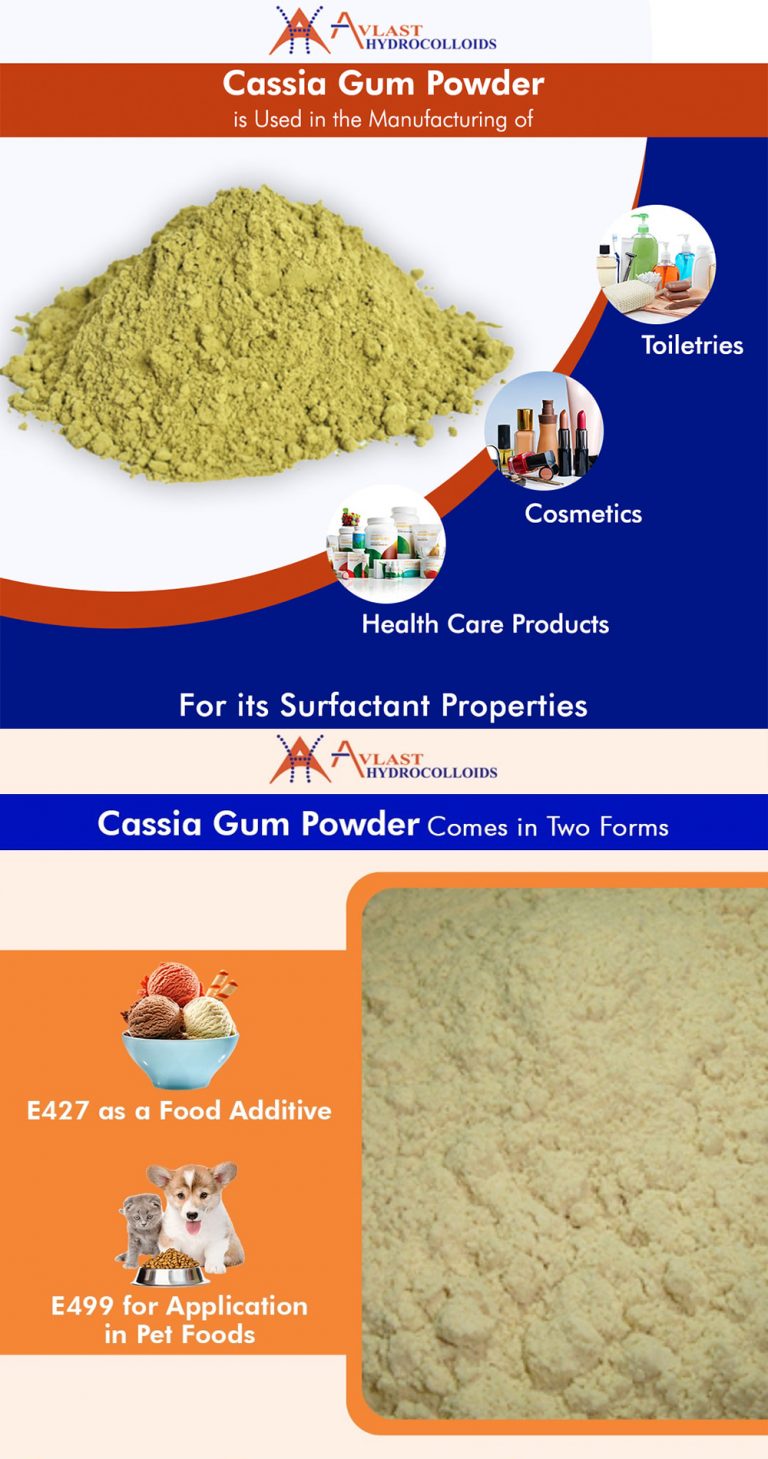Cassia Gum Powder for Wastewater Treatment
Plant-derived coagulants such as Cassia gum have a high cationization-flocculating activity, are biodegradable and cost-effective. However, previous studies have focused on bench-scale experiments rather than full-scale simulations. In this article, we will discuss the properties of Cassia gum, their cationization reaction, and their efficacy in wastewater treatment.
Cationization Reaction of Cassia Gum Powder
In wastewater management, Cassia Gum Powder plays a key role. This natural ingredient removes a large amount of turbidity and suspended particles from water and improves the pH level of treated water. This material has the potential to unleash the iron and magnesium concentrations in water. It is commonly used in South-East Asian countries. It is widely used in food additives and can be biodegradable.
Cassia gum is a natural thickener, emulsifier, and moisture-retention agent. Its high molecular weight makes it a versatile material. The natural polysaccharide molecule is made up of 1,4-b-D-mannan units. Cassia gum is also a stable substance, and it is used in dairy products and meat.
Cassia Gum Powder Viscosity Value
The viscosity of a plant-based mucilage (such as Cassia gum) depends on pH. Compared to a synthetic mucilage (such as abrasive alumina), Cassia gum exhibits the least viscosity when the pH is high. In addition, it is less viscous at lower pHs.
During some reliable studies, plant-based seed gums were exposed to solutions of CaCl and NaCl in the presence of a constant shear rate. This salt solution was tested at 25°C to measure the viscosity of Cassia gum. The study included three replicates. In addition, effects of concentration and temperature were evaluated. A study of the rheological behavior of Cassia gum powder for waste water treatment revealed that this material was highly viscous at higher concentrations than the original sample.
A cassia gum powder‘s viscosity value is a good indicator of its stability. Its gelling properties make it a good choice for use in feeds and other liquid products. While it is non-toxic, it is soluble in water and is therefore distributed with the water into the feed. The viscosity value of Cassia gum powder for waste water treatment is 14.7%.
Cassia Gum Powder Efficacy in Wastewater Treatment
This multipurpose tree is cultivated in southern Ethiopia and in almost every developing country. It is widely considered an appropriate and sustainable water treatment technology due to its multiple nutritional and medicinal applications. Its seed powder is highly effective in the treatment of wastewater and is used in a number of processes, including turbidity reduction, COD reduction, and floc stabilization. This multipurpose tree has numerous environmental benefits, including the protection of water resources.
The Bottom Line
Cassia gum powder’s efficacy in wastewater treatments has been verified in a laboratory experiment by significant sources. The gum was able to remove Cr+6 and COD from wastewater with a 65% polysaccharide content. The powder has also been used as a gum substitute in animal feed. Its low pH value makes it safe for use in frozen and wet canned dog food.


